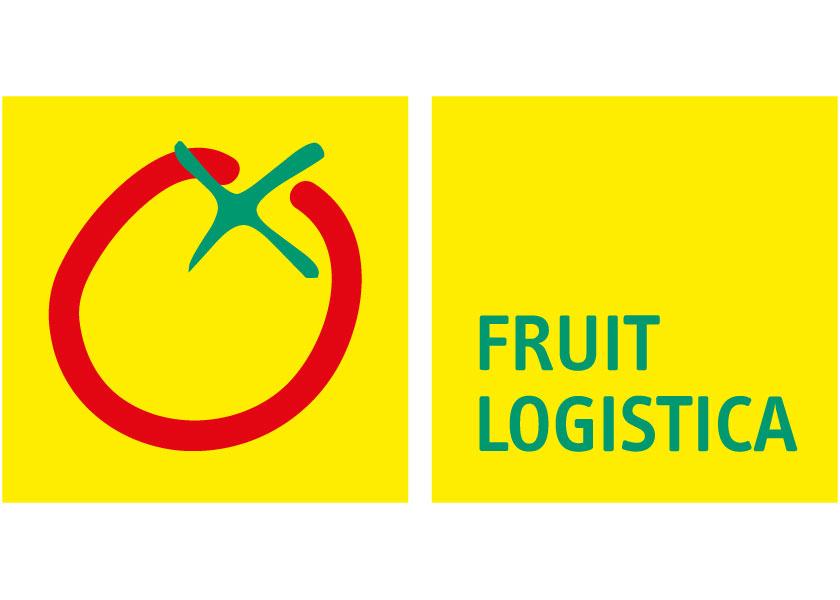Fruit Logistica report highlights sustainability trend

The long tail of the COVID-19 pandemic continues to influence the fresh produce industry, and a new 36-page trends report from Fruit Logistica looks at how operators are using lessons learned to prepare for tomorrow.
Fruit Logistica is the organizer of the April 5-7 produce trade show in Berlin, Germany.
“Businesses must become even more efficient — they need to strip out every unnecessary cost and to invest and innovate even more, especially in new technology,” the report said. Beyond that, the paper said retailers must be prepared to use the “blunt instrument” of low prices to compete for market share.
Retailers must focus on luring the shopper into their stores, according to the report.
“This means food retailers need to rediscover an enthusiasm to serve us in stores that are fun to shop at, or else we shall all go online, and where is the joy in that?" the report said. "With supermarkets transfixed by the price war, the time for new forms of independent retail is now.”
Online grocery commerce will continue to grow, and the report said e-commerce players may extended their influence further back in the supply chain.
“Walmart’s partnership with vertical farming startup Plenty, Norwegian group Bama’s investment in locally grown cucumbers and tomatoes, and Russian retail chain Magnit’s own greenhouse developments are just three of several such examples,” the report said.
Consumers have flocked to fresh fruits and vegetables for better health during the pandemic, and that momentum must continue, the report said.
“We need to convert this into consistently higher sales, driven by great-tasting and high-quality products for which people pay good money,” the report said.
Sustainability has emerged as the single most important trend in the fresh produce business, according to the report.
The report noted that the United Nations’ Sustainable Development Goals and its Intergovernmental Panel on Climate Change have opened eyes to the scale of the challenge, that climate change is “widespread, rapid and intensifying, and some trends are now irreversible.”
“In response, fruit and vegetable growers, suppliers and retailers have set ambitious environmental targets, and investment in sustainability has become a greater priority,” the report said. “Energy use, packaging and transport all require improvement in terms of their efficiency and impact. Resources, people, communities and biodiversity need greater protection. This will all entail new investment, new technology and new strategies.”
Packaging is changing in response to environmental considerations and consumer attitudes, according to the report.
“France has already banned plastic packaging for unprocessed fruit and vegetables in packs below 1.5 [kilograms], and in other countries, politicians and retailers have taken measures to encourage more recycling,” the report said. “ICA in Sweden and Rewe in Germany have looked at laser labeling as an alternative. Lidl in Switzerland is funding research into an edible coating made from crushed fruit and veg peel, which it says could help bananas and cucumbers stay fresh for longer without the need for plastic wrap.”
Younger consumers especially value sustainability, the report said.
“Recent research suggests almost half of Generation Z is happy to spend more with retailers that commit to climate sustainability,” the report said. “Retailer demand for data-driven standards will therefore grow, as will the need for suppliers to deliver overtly climate-friendly products that can be sold and promoted as such.”
Marketers who can deliver year-round supply of products with a sustainability message will have an advantage in the market, according to the release.
At the same time, European industry leaders polled by the report’s author have expressed worry over the possible negative effects, including lower crop yields and higher prices, from the European Commission’s Green Deal. Those concerns are evident, according to the report, despite the industry’s widespread support for the Green Deal’s aim to boost organic agriculture.
Higher energy costs are fueling inflation, and the report said some growers may be squeezed out if they can’t pass prices on to retailers.
“In some cases, the new economics will make it impossible for growers to continue,” the report said, noting that some greenhouse operations in the Netherlands and the United Kingdom have scaled back vegetable production rather than spend money on inputs that they cannot recoup.
With inflation, consumers may create new spending patterns.
“Depending on the severity of the downturn, demand for high-end, premium lines that cost anything above around $3.25 per kilogram will suffer to a certain extent,” the report said. “Some commentators argue that growth in organic produce sales — which have seen strong growth in Europe over the last decade — could slow down dramatically, and the anticipated arrival of new customers may be delayed.”
Another trend in the wake of the pandemic is the development of strategic supply chains, according to the report, with retailers constantly adapting their supply chain to reduce risks caused by supply chain and logistic problems, pandemics, climatic disruption and price volatility.
More information about the report is available at the Fruit Logistica website.







